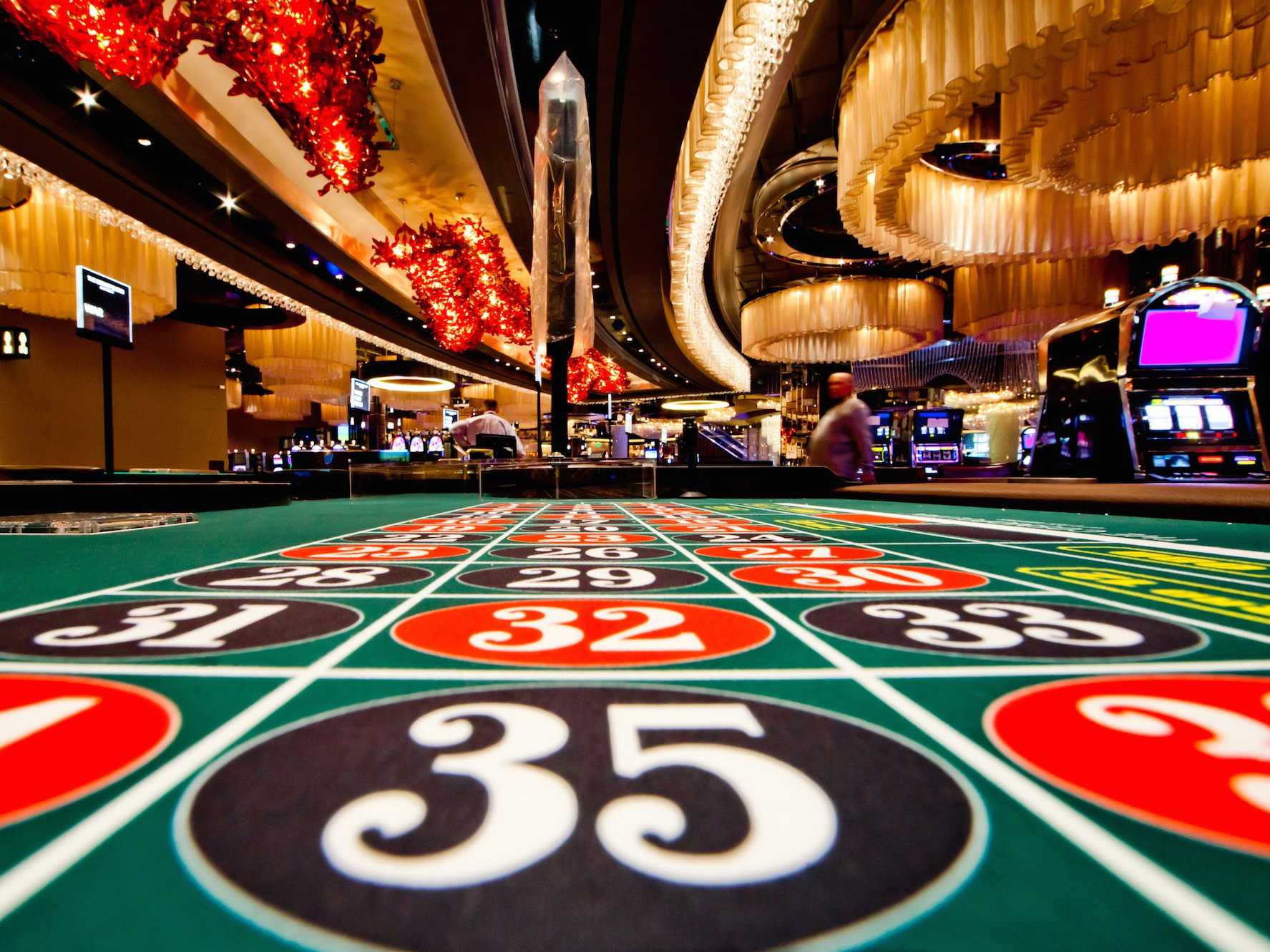
Gambling has been an essential part of human recreation for thousands of years, evolving through societies and eras to become the vibrant casino games we know today. From the historical Chinese and Romans, who participated in different forms of betting and luck, to the modern gaming floors of contemporary casinos, the allure of risk and reward has fascinated individuals across the globe. The shift from simple dice games and primitive betting setups to the extravagant environments of modern casinos reflects major strides in both social norms and technological advancements.
As societies evolved, so too did the complexity of gambling activities, with gambling activities emerging as a unique category of leisure and thrills. These activities have transformed from casual gatherings centered around wooden tables to grand, opulent establishments designed to entice players. Today, we explore this fascinating journey, examining how historical practices laid the groundwork for the varied and thrilling casino activities that bring joy to countless people worldwide.
spintax
Ancient Betting Traditions
Wagering has deep roots in human past, with evidence of games of chance originating from ancient civilizations. Archaeologists have discovered that as far back as 3000 BC, the people of China were using basic forms of betting with dice made from bones. Similarly, ancient cultures of Mesopotamia engaged in betting activities, often relying on the casting of lots or dice to determine results. These early forms of gambling served not only as entertainment but also played important roles in social and cultural customs.
The people of Egypt also took part in gambling activities, with games that included betting on the results of various occurrences, including sports and religious festivals. Artifacts such as dice and depictions of players from ancient tombs show that betting was a frequent pastime. It provided both relaxation and a means of engaging in social connections, often linked to celebratory occasions or important gatherings. This behavior showed the universal appeal of chance and competition throughout history.
In ancient Rome, betting became a widespread practice among the citizens, as evidenced by references in texts and the establishment of guidelines around certain activities. Romans enjoyed a variety of betting activities, from betting on chariot races to playing games akin to modern-day board games. The legal structure surrounding these activities began to take shape, establishing the foundations for betting regulations that would grow in the centuries to come. The popularity of betting during this period set the stage for the development of casino games in the future.
The Progression of Casino Games
Gambling games have gone through notable transformations from their beginnings to the modern-day entertainment selections. In historical civilizations, gaming was frequently connected to ceremonial practices, with games of dice found in the ancient Mesopotamian region and betting on the outcomes of events in ancient Rome. These primitive forms of gambling laid the groundwork for the organized games we see today. The change from informal gambling to systematic games happened as societies began establishing rules and venues for wagering, demonstrating cultural values and practices.
The Middle Ages saw the rise of card games, which gained fame among the nobility of Europe nobility. Games like primero and the game baccarat became essential components in social gatherings. The creation of printing technology also facilitated the spread of playing cards, making them more available to the common people. As gambling houses began to proliferate, these card games transformed into adaptations that appealed to wider audiences, eventually leading to the creation of casinos as dedicated venues for gaming.
The 1900s marked a crucial point in the progression of casino games, with the ascendancy of commercial casinos in Vegas and other gaming hubs. This era saw the introduction of games like slot machines and modern variations of table games, complete with high-quality graphics and detailed betting structures. The arrival of online casinos in the late 1990s further transformed the gaming industry, allowing players to access a great variety of casino games from the convenience of their homes. Today, gambling games persist to progress, blending traditional elements with state-of-the-art technology to create immersive experiences for players around the globe.
Contemporary Gambling Regulations
In recent years, the environment of gambling regulations has evolved substantially, especially as technology and online gaming have become more prevalent. Authorities around the globe have introduced various laws and standards to ensure that gaming activities are performed fairly, responsibly, and clearly. These regulations often include factors such as licensing, marketing, gambler protection, and sensible gambling measures. 78win Authorities aim to mitigate issues such as problem gambling and cheating while fostering a just gambling environment.
The emergence of internet casinos has required a new approach to oversight. Many jurisdictions have established specific internet-based gambling structures that serve internet-based gaming, allowing operators to provide their services legally. These structures often demand operators to secure permits, adhere to strict security standards, and provide customer support options to assist players. By closely supervising online activities, authorities can better protect consumers from potential harm and ensure that gambling is carried out in a secure manner.
Furthermore, modern gambling laws are increasingly centering around sensible gaming strategies. Thể Thao 78WIN Many casinos and online platforms now implement features such as player exclusion, deposit limits, and breaks to help players control their gaming habits. Educational campaigns aimed at raising awareness about the risks of gaming are also widespread. As the industry continues to expand, the emphasis on sensible gambling continues to be a cornerstone of governing efforts, reflecting a commitment to encouraging a secure and pleasant gaming experience for all gamblers.